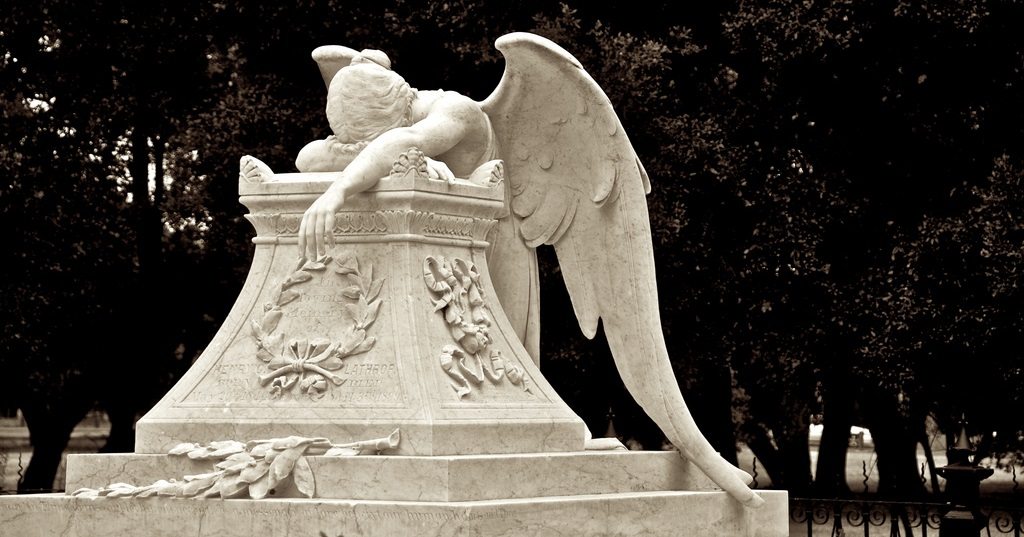Does TV news intrude too heavily on grief?
My goodness, the world has been a bit of a bleak place as of late. Terrorism and tower fires have filled our headlines and when there is death, there is also inevitably grief. But watching the coverage, something has left me feeling uneasy – the news’ attitude to grief in the face of these tragic events has been a poor one.
On 14 June, the country awoke to news of a terrible fire in London. A blaze had spread through Grenfell Tower was horrifying speed and, that morning, everybody was still trying to make sense of what had happened. The TV news was on the scene, eager to grab any survivor or relative they could find and ask them the inanest questions possible. People who had lost their homes or their family members were asked ‘how do you feel?’ as though they could possibly have had the time to even begin to process what had happened.
What news value is there in that? Absolutely none – it’s just shameless gawping
Similarly, the BBC last week boasted an interview with the family of Saffie Roussos. Roussos was eight years old, the youngest victim of the Manchester attack. After a somewhat low-key and sensitive interview, the interviewer then decided to ask the family ‘what have you lost?’ There was no value in that question and, given that the whole point of the interview was that they had lost their daughter, the answer was fairly apparent – the BBC received a fair bit of backlash over that.
I have two issues with the news and grief. Firstly, its elevation of the grieving to the state of expert. I can feel sympathy for the man who lost his house, say, but I have to draw a line when you start quizzing him on him on what the government response should be. His house burning down gives him no ability to answer that question – honestly, his involvement in the situation makes him perhaps the worst person possible to answer that question. The news giving his views a platform gives them a level of importance that, if we’re being honest, they shouldn’t have, and they normally serve to reinforce a narrative that the government is the villain in the story.
It shouldn’t be beyond news reporters to have a heart
Even if this isn’t the case, the news simply dwells too much on grief. There was an interview with a man who lost his brother in the Grenfell fire. He thought his brother was behind him as he fled the blaze, only learning the truth when he received a phone call – his brother, begging ‘Why did you leave me?’ It’s hard to imagine something quite so terrible, and it reduced the man to tears. The camera just stayed on him as he wept – a good minute of silence as we watched this man cry. What news value is there in that? Absolutely none – it’s just shameless gawping.
Grief and the grieving are parts of stories like this, and they shouldn’t be ignored – I just want the news to contextualise them properly, and to treat the grieving with some degree of respect. It shouldn’t be beyond news reporters to have a heart when it comes to the grieving – we don’t need to make sure that the news prizes reporting facts over emotional sensationalism.

Comments